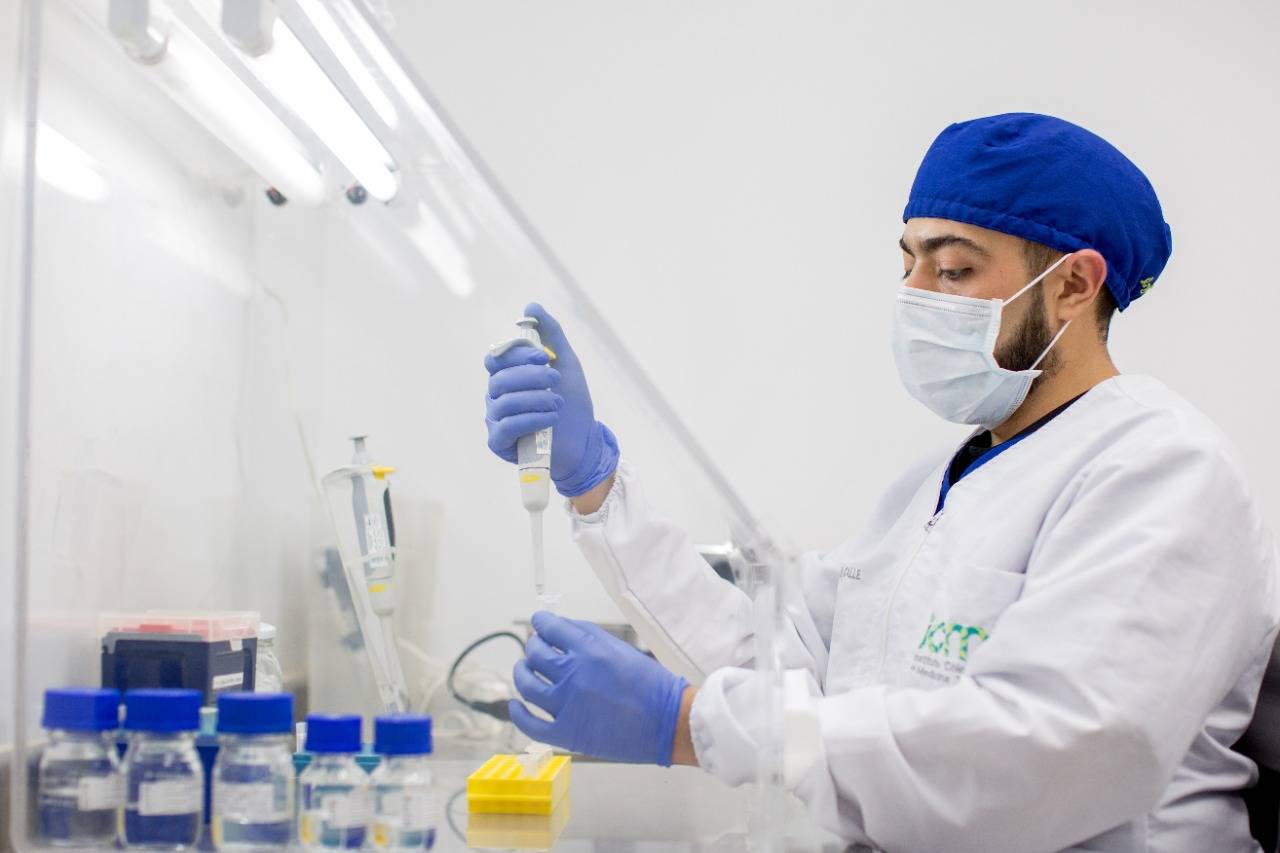New strategy to prevent obesity: innate immunity thanks to the effects of a bacterium

A study led by the Institute of Agrochemistry and Food Technology (IATA) of the Spanish National Research Council (CSIC) has discovered that a human intestinal bacterium modifies the body's innate immune response, which is key to combating metabolic diseases such as obesity and diabetes.
The work, published in Nature Microbiology, demonstrates in mice that a strain of the bacterium Phascolarctobacterium faecium (P. faecium) reduces the inflammation caused by high-calorie diets, thereby combating obesity and associated metabolic disorders, according to a statement from the scientific institution.
The Center for Integrative Biology (CIBIO) at the University of Trento (Italy) is collaborating on this work, which has combined an analysis of more than 7,500 human microbiomes with functional experiments in mice.
The results of a meta-analysis of the gut microbiome, conducted with data from multiple population groups of 15 different nationalities, have shown that the P. faecium species is more common in people with a healthy weight than in individuals with overweight or obesity, regardless of age, sex, and geographic region.
This finding has reinforced the idea that the presence of this bacteria is an indicator of good metabolic health, according to the sources. "We have identified a microbial biomarker associated with healthy weight that remains constant in very diverse populations.

Photo: Courtesy of CES University
The absence of this bacteria could be used as an early marker of obesity risk," said Yolanda Sanz, a CSIC researcher at IATA and coordinator of the study.
New strategy against obesity: generating innate immunity The results show that administration of P. faecium (strain DSM 32890) to mice with obesity induced by a high-calorie diet significantly reduced weight gain, adiposity, intestinal and systemic inflammation, and glucose intolerance.
Specifically, the bacteria reduced body weight by 25%, accumulated fat by 35%, and improved glucose tolerance, with effects comparable to those of the drug semaglutide, used in the treatment of type 2 diabetes to regulate appetite and blood sugar levels.
One of the key findings of the study is that this strain exerts beneficial effects on metabolism through its ability to modulate the function of the innate immune system, even when inactivated by pasteurization.
This bacterium reprograms the phenotype of innate immune system cells, reducing the presence of proinflammatory macrophages and promoting the activation of alternative macrophages, which block the cascade of inflammatory events that occur in the intestine in the context of obesity.
This change also reduces the presence of other inflammatory immune cells (known as ILC1) in the gut. These cells are often elevated in obese people and stimulate the production of inflammatory substances such as interferon gamma, which disrupts intestinal barrier function and causes metabolic disorders.
These effects appear to depend on structural components of the P. faecium bacterial cell, such as proteins or fragments of its cell wall, capable of activating specific immune receptors (called Toll-like receptor 2 or TLR2) present on innate immune cells.
"Reprogramming the inflammatory phenotype and function of macrophages restores immune balance in the gut, helping to curb chronic inflammation caused by high-calorie diets and, consequently, improve the body's overall metabolic health," added Rebeca Liébana, an IATA-CSIC researcher who contributed to the study during her doctoral thesis.

The immune system can cause serious illnesses if it doesn't function properly. Photo: iStock
This discovery not only expands our understanding of the complex interactions between diet, immunity, and microbiota (the microorganisms that live in our bodies), but also opens up new possibilities for developing therapies aimed at preventing or treating obesity with alternative or complementary mechanisms of action, according to IATA.
Although the study was conducted in mice, the authors highlight its relevance as a starting point for future clinical trials in humans.
eltiempo




